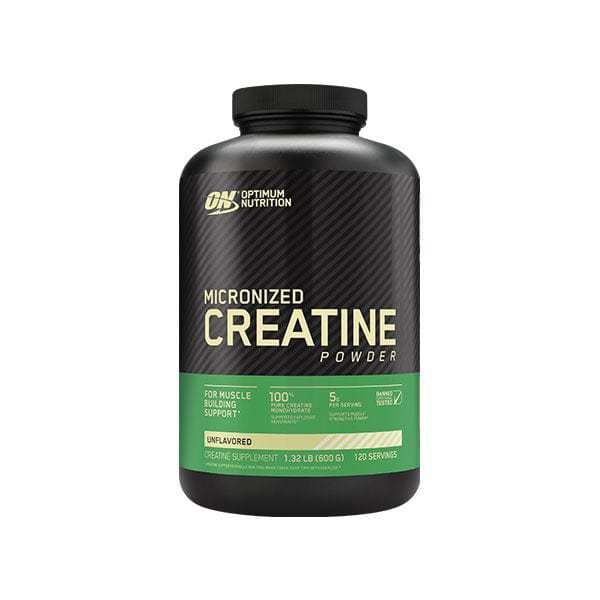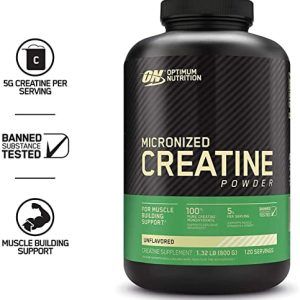Metabolism collectively refers to all the chemical processes in your body, influencing how quickly you burn calories and, consequently, how easily you might gain or lose weight.
This brings us to an intriguing question: Are some people born with a faster metabolism? And if so, what role does genetics play?
What Is Metabolism, and How Does It Work?
Metabolism encompasses the various chemical reactions that keep your body functioning. The ‘speed’ of your metabolism, known as your metabolic rate, determines the number of calories you burn over a period. This explains why some individuals can consume large amounts of food without gaining weight, while others need fewer calories before they start to store fat.
Is Fast Metabolism Genetic?
Metabolic rates vary significantly among individuals, beginning as early as infancy. This variation prompts the question: are these differences genetic? While genetics can influence metabolic rates, the extent of this impact is still a subject of scientific debate.
Myths and Realities About Metabolic Rate
It’s a common misconception that obese individuals have a slower metabolism. In fact, research often shows that obese people may have a higher total and resting metabolic rate, regardless of muscle mass. Conversely, those who were formerly obese might have a 3-8% lower metabolic rate compared to those who have never been obese.
The Role of Age, Environment, and Behavior
Age, environmental factors, and lifestyle choices play crucial roles in determining metabolic rate. For instance, as we age, our metabolic rate generally decreases. Lifestyle factors, like diet and exercise, also significantly impact metabolic efficiency.
Case Study: Enhancing Metabolism
One of my clients, John, experienced significant changes by tweaking his diet, training regimen, and mindset. This illustrates that while basal metabolic rate is somewhat fixed, lifestyle changes can effectively alter how your body processes and burns calories.
Take Home Message
While metabolic rates vary from person to person, including among infants, the exact contribution of genetics to this variation remains a topic for further research. Understanding these differences is key to unraveling the complex nature of metabolism.
Your basal metabolic rate might be largely out of your control, but you can influence your overall metabolism. Simple changes in diet, physical activity, and mindset can make a significant difference, as seen in our client example. Please read my article click here on 5 simple ways too boost your metabolism
FAQ’s
- Are You Born With a Fast Metabolism?
- While genetics can influence metabolic rates, it’s not solely responsible for determining if you’re born with a fast metabolism. Environmental factors and lifestyle choices also play crucial roles.
- Is Fast Metabolism Genetic?
- Fast metabolism can have a genetic component, but it’s not exclusively determined by genetics. The interplay of genetic, environmental, and lifestyle factors influences metabolic rates.
- Why Do Infants Have a High Metabolic Rate?
- Infants typically have a higher metabolic rate due to the rapid growth and development they undergo. This increased rate supports their developmental needs and is a natural part of early life stages.
- How to Know if You Have a Fast Metabolism?
- Signs of a fast metabolism include a high energy level, less body fat, a higher body temperature, and often feeling hungry, even after eating.
- How to Gain Weight with a Fast Metabolism?
- Gaining weight with a fast metabolism involves consuming more calories than you burn, focusing on nutrient-rich foods, and incorporating strength training to build muscle mass.
LATEST POSTS






